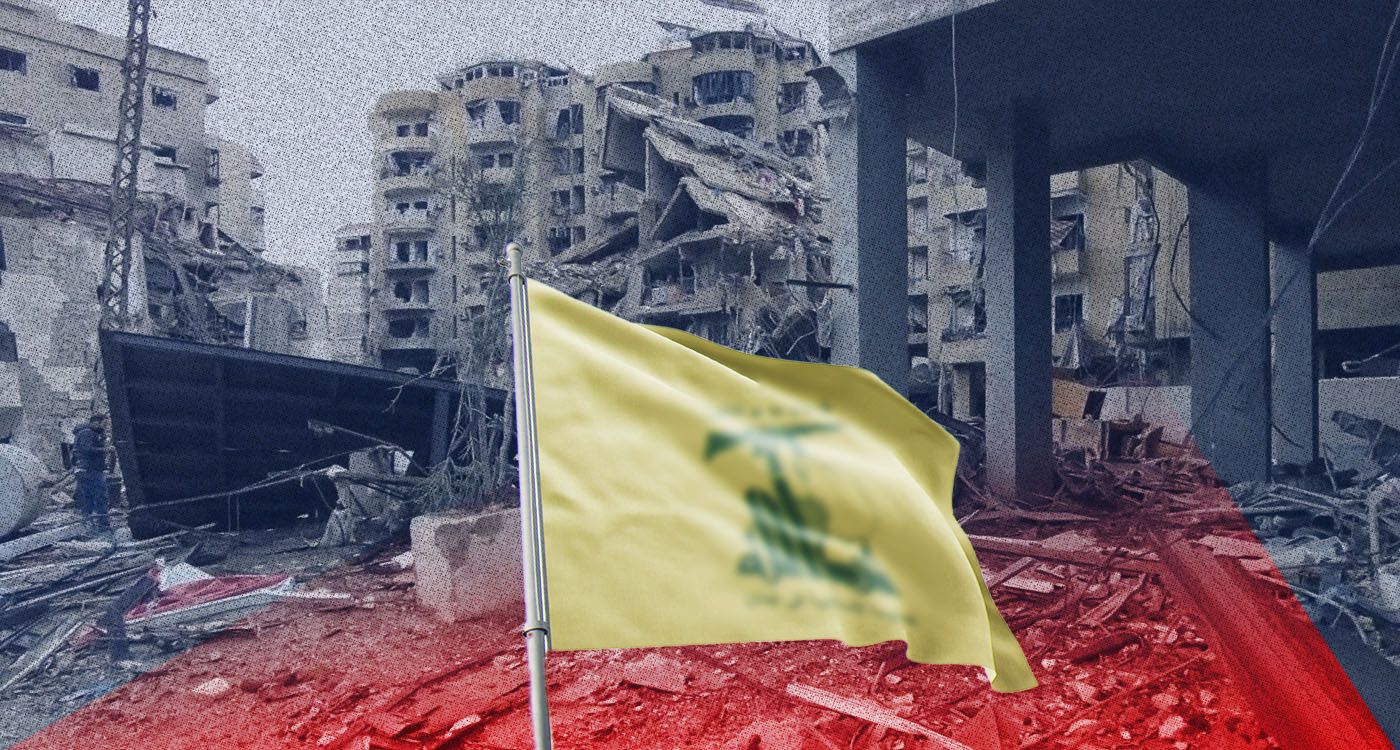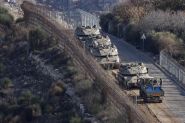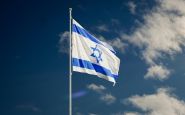
It is becoming increasingly clear that the Islamic Republic of Iran and Hezbollah have yet to come to terms with the end of Hezbollah’s military and security role as the armed wing of the Islamic Revolution.
Therefore, they are attempting by all means to maintain a foothold that would allow Hezbollah to reassert itself. However, the prevailing regional and international stance remains that Hezbollah cannot exist as a political party unless it severs its military and political ties with Iran.
The pro-Iranian faction did not anticipate that the war launched in support of Gaza on October 8, 2023, would lead to its military defeat and the dissolution of its influence in Lebanon and the region.
The party’s leaders and its base were convinced they could inflict a defeat on Israel, perhaps even erase it from the map. They failed to realize how deeply Israeli intelligence had infiltrated their ranks, waiting for the right moment to strike.
Hezbollah handed Israel this golden opportunity when it launched the support war, ignoring local and regional warnings and pressing ahead despite Israel’s threats of a full-scale war. Relying on flawed assessments that Israel feared such a confrontation, the group miscalculated entirely — only to face consequences it had never anticipated, chief among them the assassination of its Secretary-General, Hassan Nasrallah, along with its entire political and military leadership.
Cornered, Hezbollah was forced to request a ceasefire. However, this truce took the form of a surrender agreement, allowing Israel to retain its freedom of movement in Lebanon. The agreement offered no guarantees to Hezbollah, especially regarding reconstruction. Subsequent events have shown that Hezbollah is barred from rebuilding its military structure, and Iran is excluded from any involvement in this process. Moreover, Lebanon’s reconstruction is subject to strict conditions: no Iranian funding will be accepted, and only the Lebanese state will oversee the process, without foreign interference.
For decades, Hezbollah has maintained a grip on Lebanon, weakening the central state to build its own parallel “mini-state.”
The group hijacked political, military and security decisions, reducing the state to a mere façade, claiming it was incapable of protecting Lebanon and that its Army was inferior to Hezbollah’s. It dismantled the state’s diplomatic relations, particularly with Arab countries and the world overall, especially the Gulf states. Ironically, Hezbollah now expects the Lebanese state to bear the burden of the catastrophe it has caused. It demands that the government handle reconstruction without being held accountable — to either its base or the Lebanese people.
Hezbollah stands at a critical crossroads, facing significant internal and external challenges. Even within its own structure, there are divisions about its future direction. As a result, it must carefully reflect on the lessons from its recent conflict and the outcomes it has caused.
The key takeaways are clear: Hezbollah, once the Iranian arm for exporting the revolution, has come to an end; Hezbollah, which held Lebanon’s state hostage, has faltered; and Hezbollah’s arsenal of weapons has become a burden — not only to itself, but also to its supporters and to Lebanon as a whole. Its options are now limited: either it dismantles this arsenal on its own, or wait for others to do it instead.




Comments